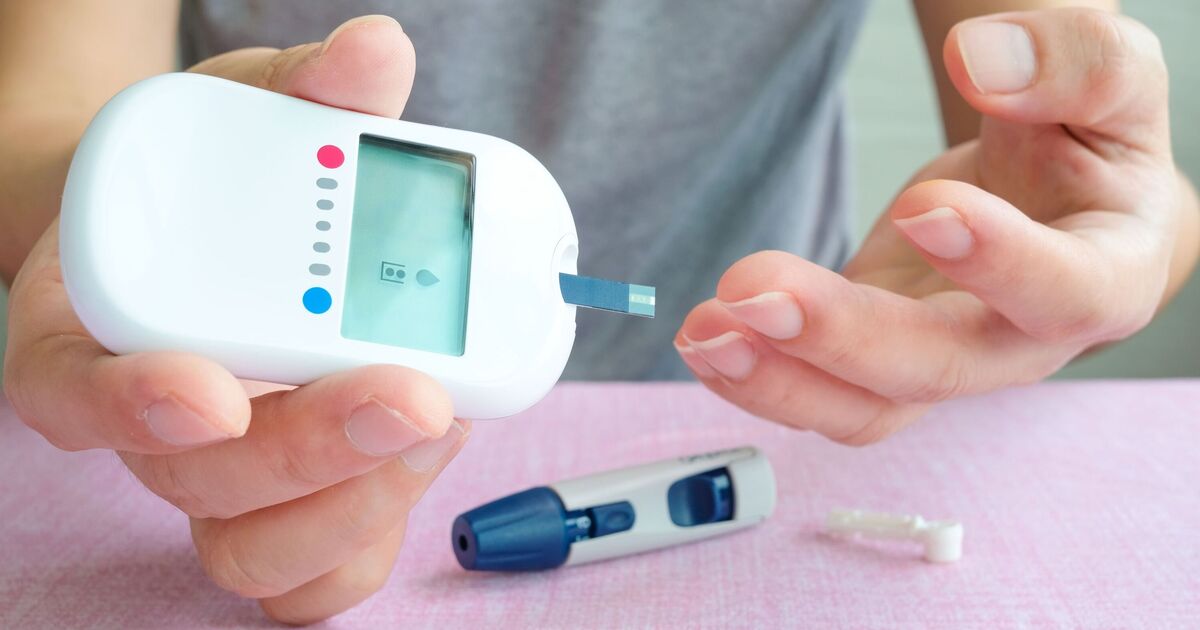An Alabama mother is urging health officials to ban a toxic supplement sold in gas stations, after her 19 year-old son died after taking it to ease his migraine.
Johnathon Morrison, from Trafford, Alabama, fatally choked on his own vomit in February 2019 after taking pills containing tianeptine – otherwise known as ‘gas station heroin’.
The Food and Drug Administration has previously warned about the grave harms of the substance, which is most commonly found in an energy-boosting’ product called Neptune’s Fix.
The compound, called tianeptine, is also available to purchase legally in many states as capsules and pills – and delivers an intense high, similar to an opioid, according to the FDA.
Following her son’s death, Kristi Terry was determined to get the substance banned in Alabama – and a year later, the state became the second to make the drug illegal.
Now, tianeptine is banned in eight states, but Ms Terry wants to increase that number.

Johnathon Morrison was found in his room in February 2019 with an empty bottle of tianeptine pills beside him

Tianeptine is a drug used to treat depression but it is not approved by the Food and Drug Administration in the United States

After her son died, Kristi Terry was determined to get the substance banned in Alabama and she testified at a state senate hearing on healthcare in February 2020
Ms Terri told Vice that the night before her son’s death, he came into her bedroom and asked to cook pizza rolls.
She said: ‘We were like “you don’t have to ask to cook something.”‘
She wished she’d gotten up to see if he was feeling unwell, questioning if he was sick from the pills and trying to settle his stomach with food.
The next time she saw her son, he was dead.
Paramedics attempted to revive Mr Morrison for 60 minutes, but were unsuccessful.
A medical report obtained by Vice noted he had high levels of tianeptine in his system. The report stated the teen died from choking on his vomit and his death was ruled accidental.
The coroner added in a report that the levels of tianeptine in his blood were similar to the level found in another reported tianeptine fatality in which no other drugs were detected.
At least four deaths have been reported in people who consumed tianeptine since it appeared in the US in the mid-2010s.
But poisonings are increasing, surging over the last two decades, rising from reports of just 11 poisonings between 2000 and 2013 to 151 by 2020.
FDA officials say tianeptine can deliver a high similar to that achieved from some opioids, but warned many patients quickly get hooked because they can rapidly build up tolerance against the substance.
Health officials also warn people who consume tianeptine can suffer from confusion, sweating, a fast heartbeat, blood pressure spikes, nausea, vomiting and agitation.
Some may also suffer a notable slow-down in breathing and, in rare cases, a total shutdown of the respiratory system leading to a coma or death.
Mr Morrison was unaware of the risks associated with tianeptine. The student at the University of Alabama bought the product as a gas station, hoping to relieve his migraine.
In search of pain medication, an employee offered the teen Tianna, a popular name brand of tianeptine.
Ms Terry told Vice her son ‘had no clue what he was taking. They told him that it was all natural, herbal and that it was like a powerful Tylenol.’
He took several pills at a time over the next few hours, eventually overdosing.
The degree to which tianeptine toxicity may have contributed to Morrison’s death, ‘either directly due to the toxic effects of the drug or indirectly by potentially reducing his seizure threshold, remains uncertain,’ the autopsy said.
After her son died, Ms Terry, who was bedridden following the teen’s death with post-traumatic stress disorder, was determined to get the substance banned in Alabama and she testified at a state senate healthcare hearing in February 2020.
‘He was just the light of my life and he was my best friend,’ she said, according to an audio recording of the hearing.
Also testifying at the hearing was James Morrissette, CEO and founder of MT Brands, a company that makes Tianaa.
He said the product is marketed as being for stress and anxiety relief, but that people are beginning to abuse the product.
Mr Morrissette also said he supported stronger regulations over banning the substance and raising the age limit allowed to buy the product.
A year after the hearing, Alabama became the second state to ban tianeptine, behind Florida, which classifies the drug in the same category as heroin.
Six states have since followed.
However, Ms Terry does not think enough is being done and said it makes her ‘sick; that there are millions of Americans who can still legally – and easily – purchase the drug.
She added: ‘I do feel like Johnathon’s story is what got it banned in Alabama. I really do. The senators and everybody had to look at my son’s picture.’










